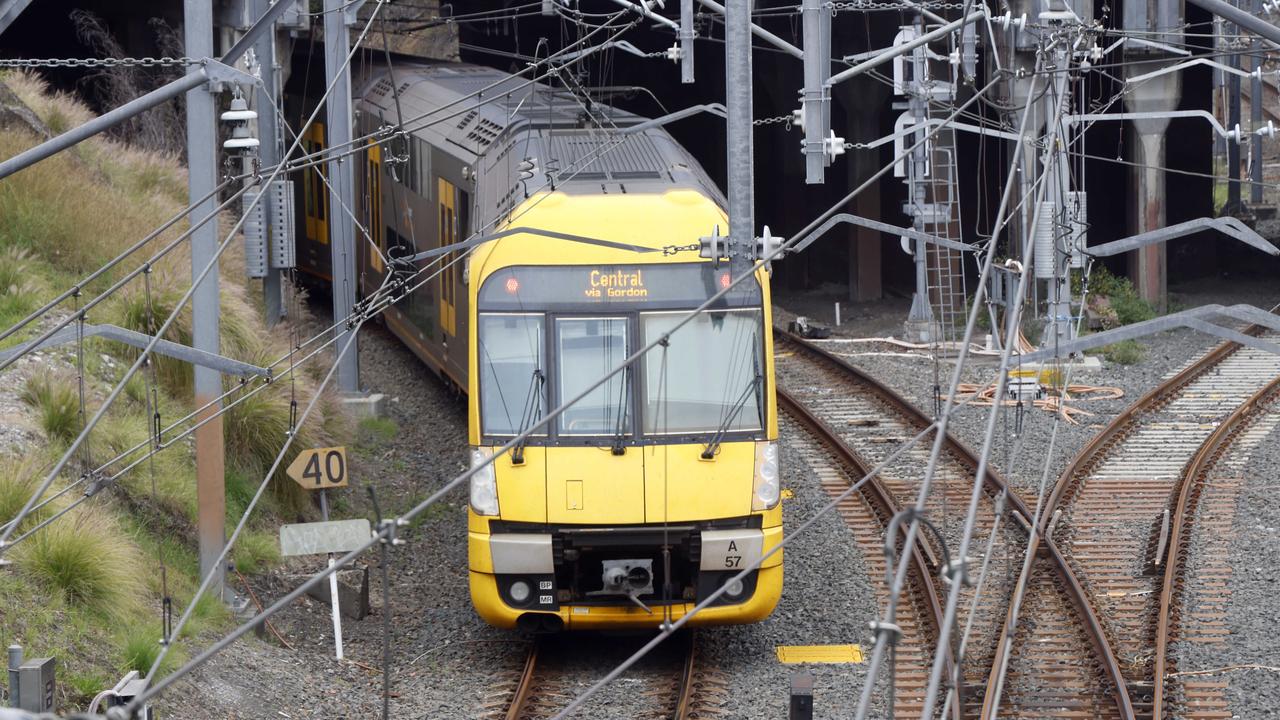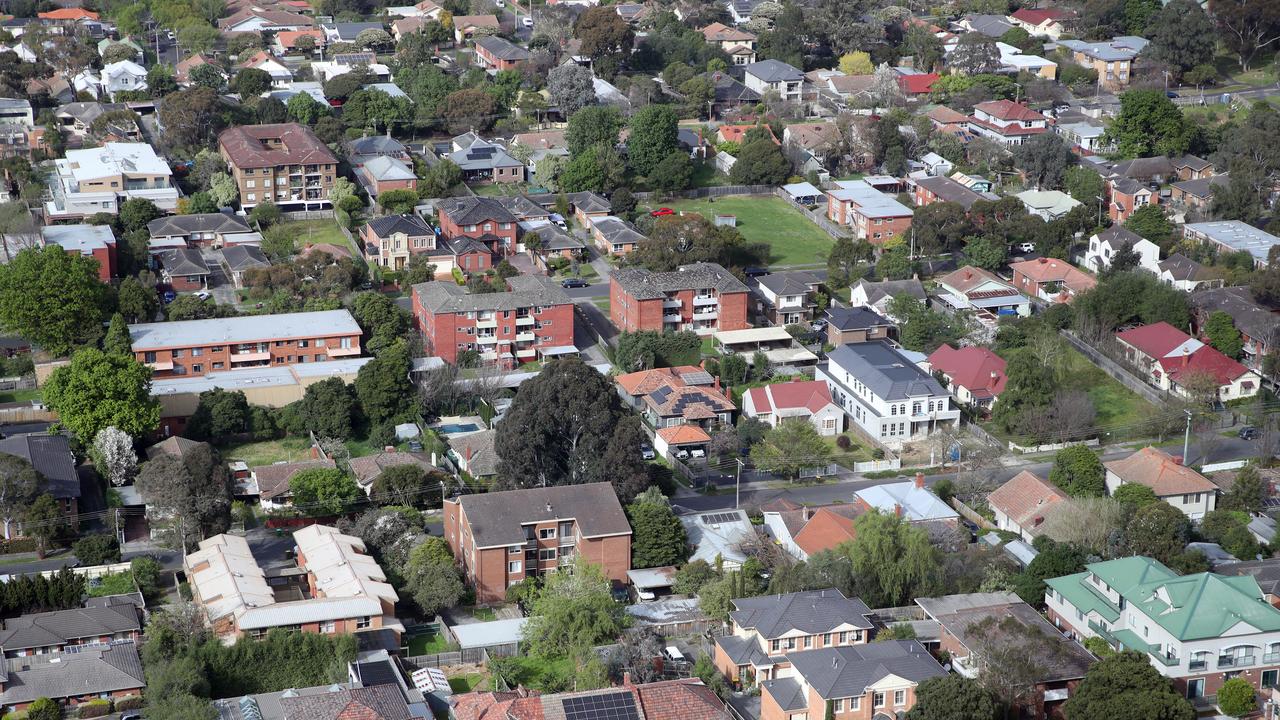Malcolm Turnbull: PM makes home blackout-proof with solar panels
PRIME Minister Malcolm Turnbull is making his harbourside mansion blackout-proof — by installing hi-tech new batteries.
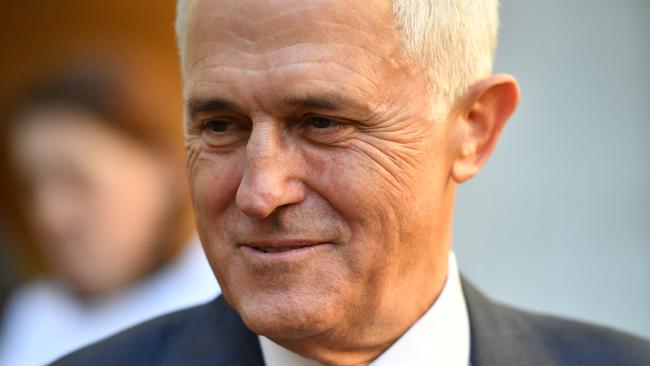
PRIME Minister Malcolm Turnbull is making his harbourside mansion blackout-proof — by installing hi-tech new batteries to store energy generated by his rooftop solar panels.
Late last year, Mr Turnbull installed lithium-ion batteries at his home to store power generated by a series of rooftop solar panels, which were recently upgraded.
The PM’s office confirmed the work, which could keep the lights on at the Point Piper property in the event of a blackout.
NSW averted the threat of rolling blackouts on Friday, amid soaring temperatures that placed huge demand on the electricity grid.
Blackouts were only narrowly avoided because the Australian Energy Market Operator (AEMO) ordered Newcastle’s Tomago aluminium smelter, which uses a whopping 10 per cent of the state’s electricity, to be turned off.
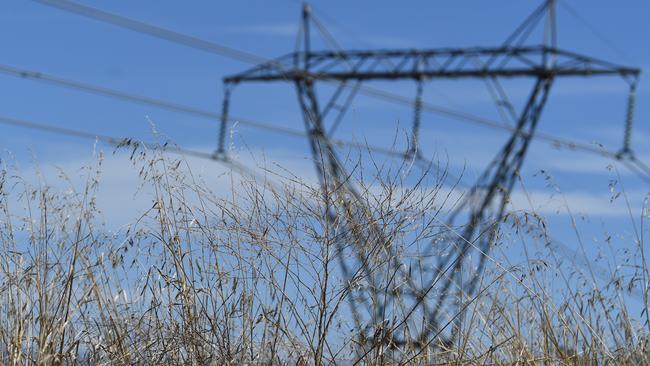
Further details of how close NSW came to mass blackouts emerged yesterday, with AEMO revealing that demand for power peaked at just under 14,100 megawatts at 6pm in Sydney on Friday.
The normal summer peak is around 12,500 megawatts and on Friday afternoon it is understood around 14,700 megawatts were available in the network.
It comes amid fierce debate about the role renewable energy played — if any — in a series of blackouts in South Australia, with Mr Turnbull yesterday criticising unrealistic renewable energy targets he claims are bumping up bills and causing unreliable power supplies.
“Dangerous Labor-Green ideology has no place in energy policy,” Mr Turnbull said.
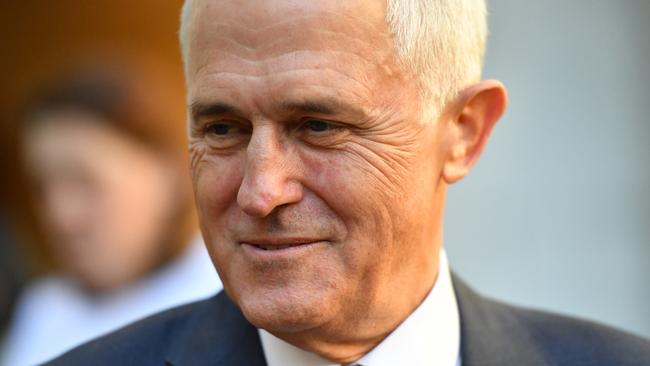
The federal government has been talking up the future of coal-fired power generation — with Treasurer Scott Morrison even taking a lump of coal into the Parliament last week.
The federal government has a target for 23.5 per cent renewable energy by 2020, while Labor wants 50 per cent by 2030. NSW Labor believes the target should be more ambitious than the federal government’s 23.5 per cent but has not committed to a firm number.
Meanwhile, the Business Council of Australia (BCA) and 17 other groups joined forces yesterday to demand a bipartisan agreement on future energy policies, ensuring Australia has enough power in the future to keep the lights on for homes and businesses.
BCA boss Jennifer Westacott said every politician and every party must forge a new consensus on the issue.
“This really matters now, and we need some urgent, urgent collaboration,” she said.
Originally published as Malcolm Turnbull: PM makes home blackout-proof with solar panels

